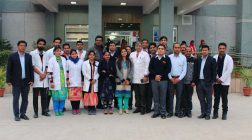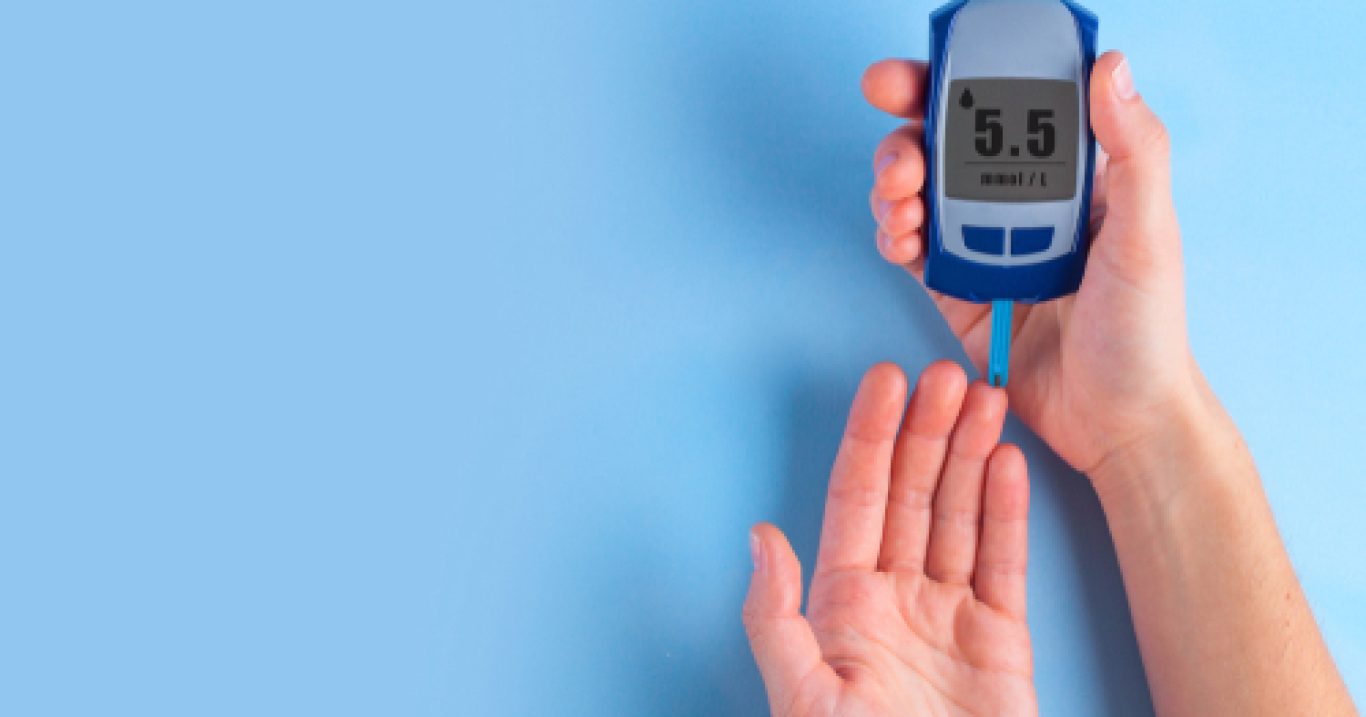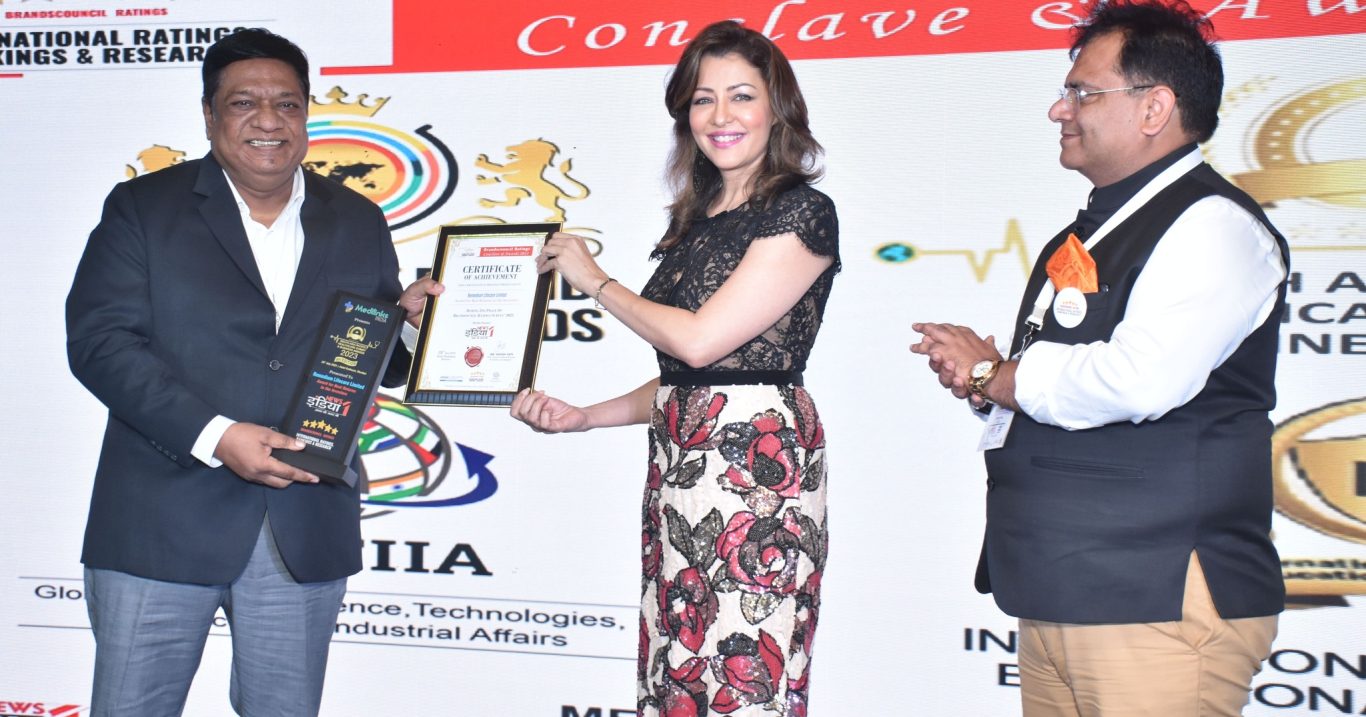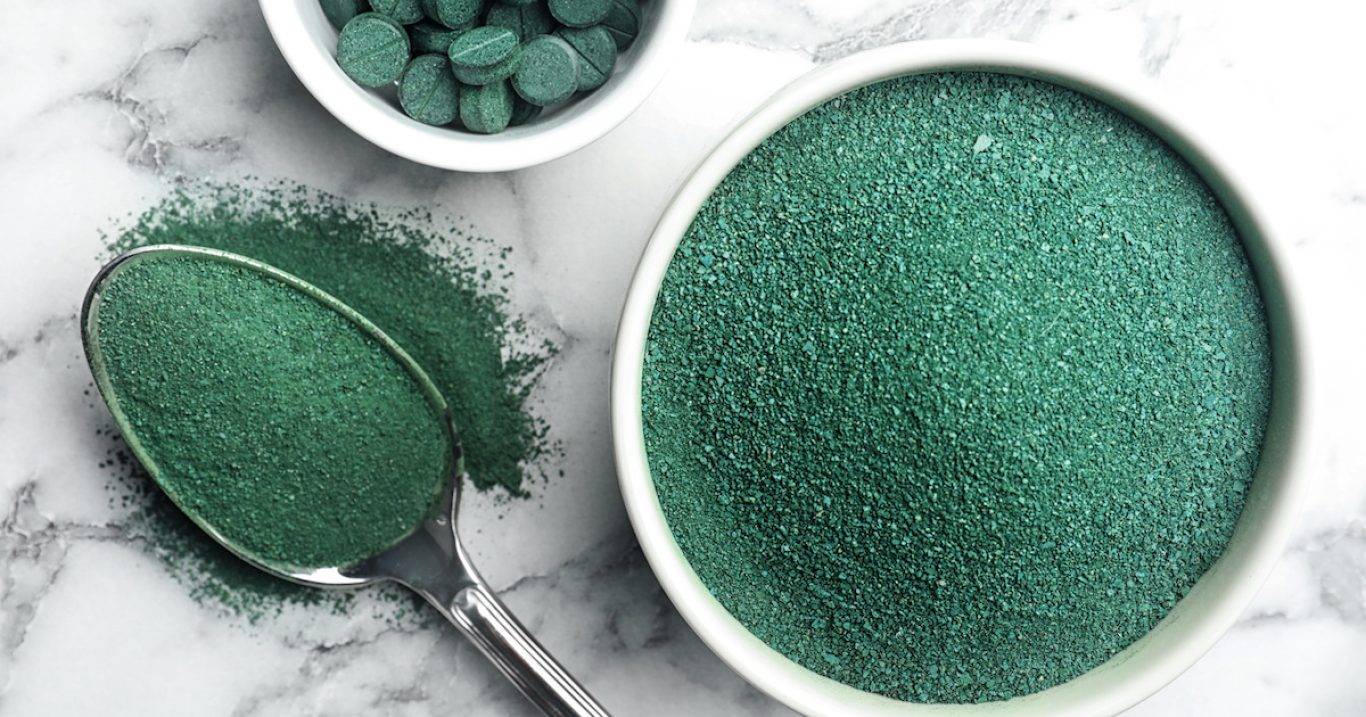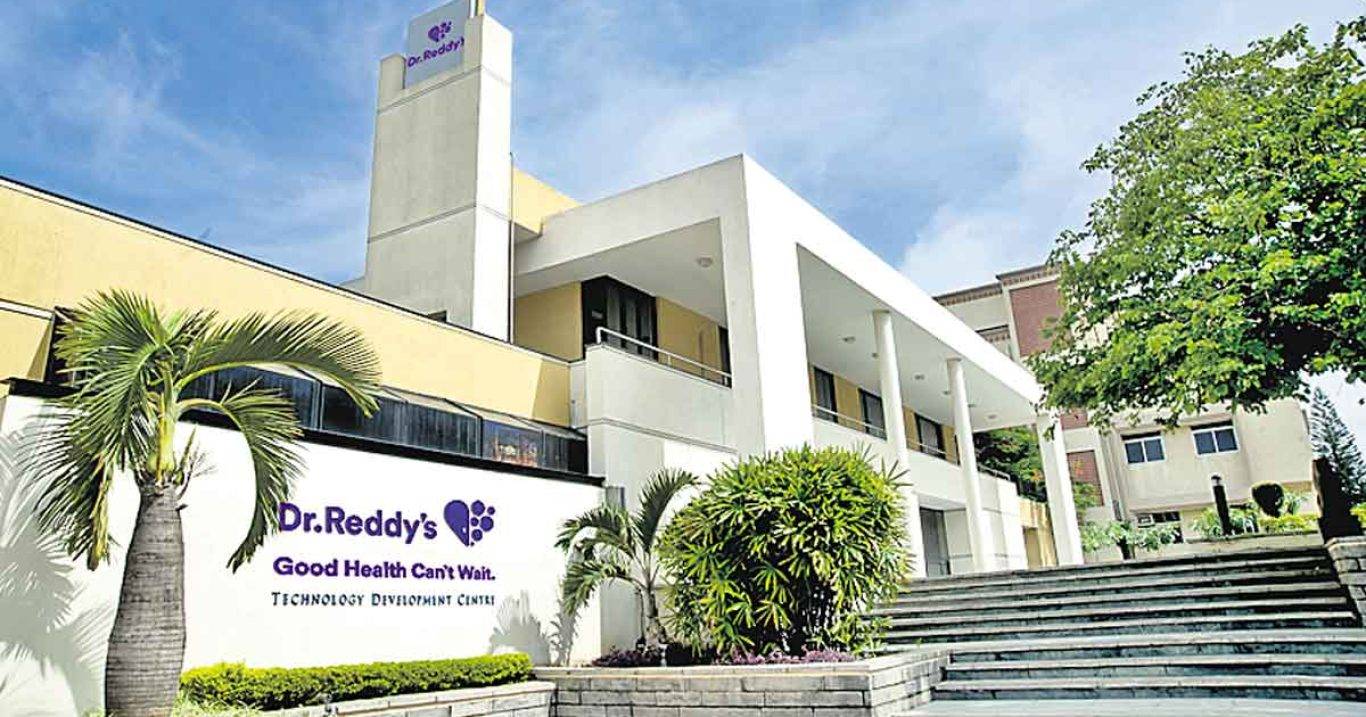Stricter visa rules driving away medical tourism from India
Prathap C Reddy, the cardiologist who built the Apollo Hospitals chain valued at $2 billion over three decades in India, says he’s seeking growth overseas as the visa policies drive medical tourists to rivals.
Apollo Hospitals is considering hospitals in Indonesia, Cambodia and Tanzania, Reddy said in an interview at his Chennai office. Growth in the number of visitors seeking treatment for heart ailments, cancer and orthopaedic surgery is falling short of Reddy’s estimates as India’s special visa for patients forces them to visit an immigration office, he said.
India, which offers the world’s biggest savings for US medical tourists, is losing clients to Singapore and Thailand as visa rules and greater awareness of drug-resistant germs that spread from the country scare away patients. Government neglect means India may fail to tap the $40 billion market that’s expanding 25% a year, said Josef Woodman, founder of the guidebook Patients Beyond Borders.
“They’ve done everything to ruin our prospects of becoming a medical tourism centre,” Reddy said. “I once said India should become the global healthcare destination — now I’m swallowing those words. It could grow 10-fold in the next five years, if only the government would facilitate it, the way others have.” Apollo forecasts the number of overseas patients seeking treatment at its hospitals in India will increase by about 23% to 80,000 in the year ending March 31.
India attracted as many as 350,000 medical tourists in 2012 compared with 250,000 a year earlier, according to Patients Beyond Borders. Thailand treated as many as 1.2 million overseas patients last year, while Singapore had 610,000 medical visitors, according to the guide.
Out Patients
Fortis Healthcare set up a hospital in Singapore last year, and in 2009 bought a stake in a hospital in Mauritius. Apollo too has hospitals in Mauritius and Bangladesh. “India has been fairly neglectful of this industry,” said Woodman “It makes a lot of sense and Indian hospitals like Apollo and Fortis are well-positioned to seek a foothold in parts of the world where people have no access to quality care.”
Apollo and its competitors are also expanding into developed markets to tap patients who are looking for treatment at a lower price. Bangalore-based cardiologist and businessman Devi Shetty has expanded his Narayana hospital chain to the Cayman Islands, where he will open a 140-bed cardiac surgery centre early next year.
US patients can save 65-90% by seeking treatment in India ranging from a coronary artery bypass to rhinoplasty, according to Woodman. The average cost of a hip replacement in India, which has emerged as a “thrift” destination for orthopaedics and cardiac surgery, is one-fourth of that in the US, he said. Medical tourism to India will increase if the nation allows faster clearance for patients through immigration points, and guarantees the processing of medical visas within 24 hours, said Vishal Bali, group chief executive officer of Fortis Healthcare, in an interview. Gurgaon-based Fortis sees about 11,000 international patients a year, Bali said, compared with 65,000 at Apollo in the year ended March.
“India has great potential to be a big player in global health care,” Bali said. “India is the hub of our entire health-care delivery system” with the company using hospitals in India to serve patients from South Asia, Middle East and the West, and Singapore to treat patients from Southeast Asia, he said.
Did the Visa Help?
India in 2005 introduced a special visa for medical tourists, to bolster the industry. However, restrictions imposed by the visa have made it harder for them to enter the country for medical treatment, Reddy said. The visa, valid for one year, requires patients to register with the Foreigner Regional Registration Office within two weeks of their arrival, a process that is “insulting” and physically taxing for people suffering from serious health problems, Reddy said.
The permit allows three entries, making it harder for doctors to provide follow-up treatment and deal with complications, he said. The medical visa is also costlier than a tourist visa and isn’t available in nations in Africa, which accounts for a majority of the patients seeking treatment in India, according to an Indian Institute of Tourism and Travel Management report.
The rules mean “India is losing these patients to Thailand,” the report said. V Vumlunmang, a joint secretary in the ministry of home affairs, didn’t respond to e-mails and phone calls to his office, seeking comment.
Superbug Scare
The medical journal Lancet three years ago reported the spread of a superbug with a gene dubbed NDM-1, short for New Delhi etallo-beta-lactamase-1, a reference to the city where a Swedish man was hospitalised with an infection that resisted standard antibiotic treatments. Reddy said concerns about drug-resistant bugs were excessive. The market for medical tourism in India will grow at an annual rate of 30% to Rs 95 billion ($1.55 billion) by 2015, according to the Associated Chambers of Commerce and Industry of India.
Thailand earned 31.12 billion baht ($995 million) in the year ended March 31, according to the Tourism Authority of Thailand. “Medical tourism became a priority for Thailand and Singapore,” said Fortis’ Bali. “Both have sort of taken on that opportunity at the highest levels within the country, because they felt there was an economic upside for them by supporting this trend. We haven’t really taken it on as a national priority.”




